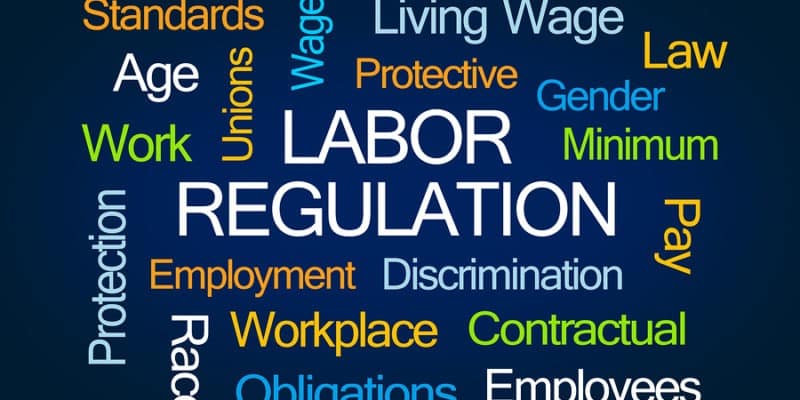Sarah Guernelli
June 27, 2023
Rhode Island is cracking down on wage theft.
Gov. Dan McKee recently signed a new law that will change wage theft from a misdemeanor crime to a felony starting next year.
Rep. David Morales helped champion the change.
“No longer will an unethical employer who withholds wages from their workers be met with a slap of a wrist of just a misdemeanor,” Morales said.
Under the new law, employers that knowingly and willfully fail to pay an employee more than $1,500 in wages could face up to three years in prison and pay fines.
“If you commit wage theft you are going to be held accountable,” he said.









